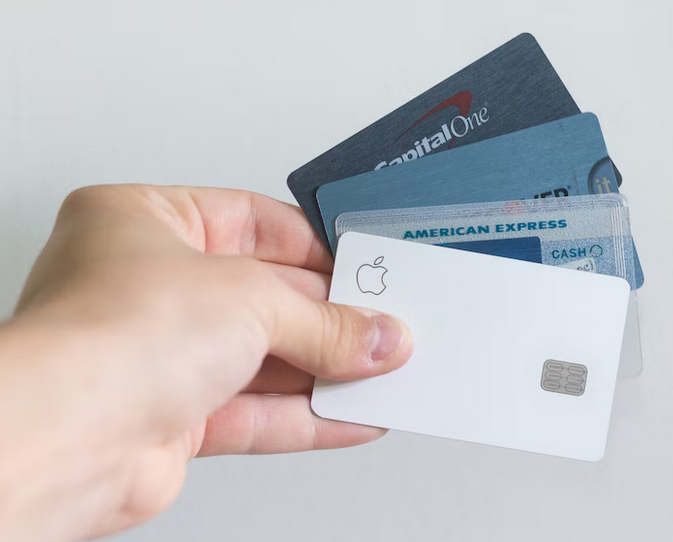 By Staff
By Staff
March 29th, 2023
BURLINGTON,ON
Using a credit card to your advantage can be a great way to build up your credit score, as long as you make sure to use it responsibly. Here are some tips on how to get the most out of your credit card.

Used responsibly, a credit cards has a lot of advantages.
The benefits of having a credit card
Credit cards offer a variety of benefits that can help you manage your finances and build your credit score. One of the main advantages of having a credit card is convenience. With a credit card, you don’t have to carry around cash or worry about writing checks. You can also use it to make purchases online or over the phone, which makes shopping much easier. Additionally, many credit cards offer rewards programs that allow you to earn points for every dollar spent on eligible purchases. These points can be redeemed for cash back, gift cards, travel miles and more.
Credit cards also provide an additional layer of protection when making purchases since they are backed by the issuing bank or financial institution. This means that if something goes wrong with your purchase – such as if it never arrives or is damaged – you may be able to dispute the charge and get your money back from the issuer.
Finally, using a credit card responsibly can help you build good credit history over time, which will make it easier for you to qualify for loans in the future. Canadians interested in getting their first credit card or opening a new line of credit should check out this list of the best cards on Finances.ca to find the best cash back or low-interest card.
Things to know about credit cards before getting one
Before you decide to get a credit card, it’s important to understand the basics of how they work. Credit cards are essentially a form of loan that allows you to borrow money from the issuer and pay it back over time with interest. The amount of money you can borrow is determined by your credit limit, which is set by the issuer based on your credit score and other factors.
Remember that when using a credit card, you should always pay off your balance in full each month to avoid paying interest charges. Additionally, be aware of any fees associated with the card, such as annual fees or late payment fees. Finally, be sure to read all terms and conditions carefully before signing up for a new card so that you know exactly what kind of benefits and rewards it offers.
Understanding credit card reward programs

There is a very wide selection of different credit cards – with different options
Credit card reward programs are a great way to get something back for your spending. Depending on the type of credit card you have, you can earn rewards in the form of cashback, points, miles or even discounts. Before signing up for a card, check to see what kind of rewards the card offers. Some cards offer higher rewards for certain purchases, such as groceries or gas, while others may offer a flat rate across all purchases.
You should also find out if there is an expiration date on the rewards and, if so, when it is. Knowing this information will help you plan and maximize your rewards before they expire. Finally, be aware of any fees associated with redeeming your rewards as well as any restrictions that may apply to them. By understanding these details about your credit card reward program, you can ensure that you’re making the most out of every purchase.
Tips for managing your credit card debt wisely
Managing credit card debt can be a daunting task, but it doesn’t have to be. Here are some tips for managing your credit card debt wisely:
1. Make sure you pay at least the minimum payment each month. This will help you avoid late fees and keep your credit score in good standing.
2. Try to pay more than the minimum payment if possible. Paying off your balance faster will save you money in interest payments over time.
3. Consider transferring your balance to a lower-interest rate card if available, as this could save you money on interest payments as well.
4. Avoid taking out cash advances from your credit cards, as these typically come with higher interest rates and fees than regular purchases do.
5. Create a budget and stick to it so that you don’t end up spending more than you can afford to pay back each month.
6. If necessary, consider speaking with a financial advisor or debt counselor who can help you create a plan for paying off your debts in an efficient manner while still allowing for other expenses, such as rent or groceries.

Use your credit card as a budgeting tool
To conclude, always remember to use your credit card responsibly and pay off your balance in full each month. Regularly review your credit card statements to ensure accuracy and take advantage of any rewards or cashback programs the card may offer.
Doing so can help you build a solid credit history while reaping the rewards of using a credit card.














